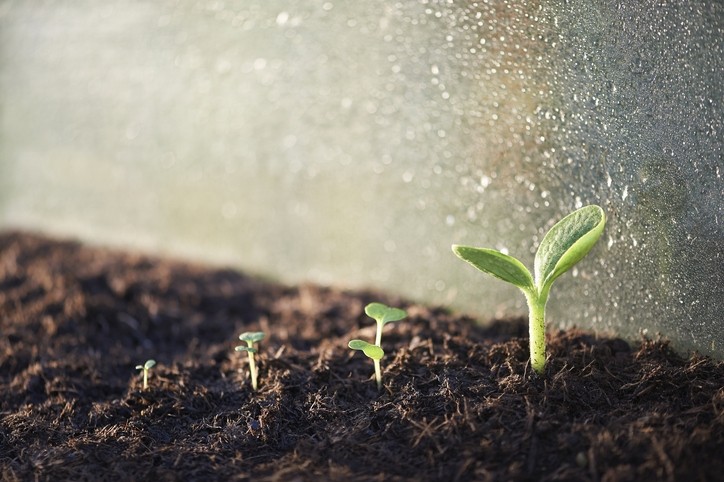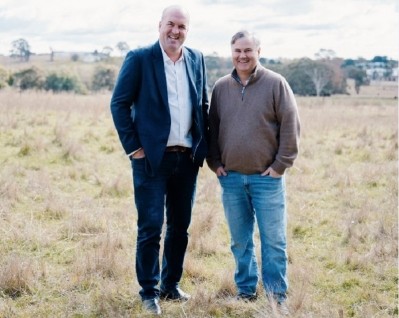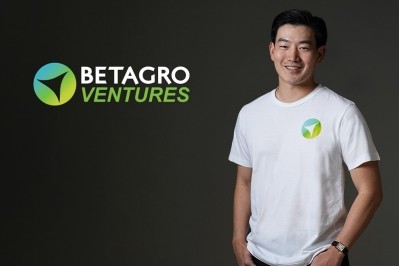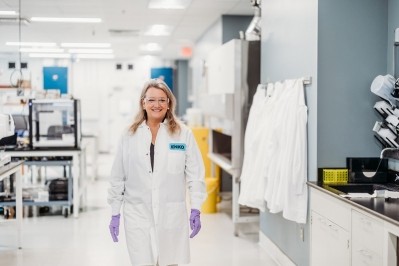‘The next two years will be incredible’. Latam investors find reasons to be cheerful

The agtech capital drought. The agtech funding winter. Call it what you will – how are investors and their portfolio companies in Latin America staying positive?
For one, they lay much of the blame of falling venture capital investments and deal counts in the global agtech sector on macroeconomic factors. High interest rates have, for example, weighed heavily on the broader VC market.
And like their counterparts at the World Agri-Tech Innovation Summit in San Francisco in March, the investors in Brazil stressed that agtech is a long-term game in a still-young industry.
Until recently agtech VC in Latin America was non-existent, pointed out Francisco Jardim, managing director at SP Ventures. “Ag in this region is continuing to prosper as it’s a new asset class,” he said. “Never have we seen so much investor interest from corporate ventures, generalist investors, north American agtech investors.”
Two of SP’s portfolio companies are set to announce new rounds at over $100 million valuations in the next few months. “I don’t see this drought,” he said, suggesting the recent much-reported fall in global agtech VC investment could also be explained by the drops in the two “over exuberant” categories of food tech and food delivery.
Meanwhile, the quality of founding teams continues to improve as the costs of setting up a business fall in the region. The numbers of new companies forming – particularly in the biologicals and agfintech categories – indicate there is disruption happening, and with it huge opportunities for investors.
Downturn or welcome market correction?
The investment world has always been cyclical, pointed out Flavio Zaclis, founder of Barn Investimentos. “Long-term, illiquid and risky investments tend to beg to other things such as interest rates and other macroeconomic factors,” he said. “There’s nothing different this time. I’ve been in this market for 20 years and it’s just another one of these cycles.”
Down periods can also be good news for investors. He therefore predicts an “incredible” two years are in the offing. “I hope people understand and buy into the idea that this is the right time to invest,” he said. “We shouldn’t wait when interest rates are low and prices are high.”

Yield Lab LATAM director general Tomás Peña, agreed. “To put things in perspective, when we started in 2011 VC transactions in Latin America were $140 million,” he said. Over the last four years that figure has grown to $30 billion. “We shouldn’t complain.”
There are strong drivers of innovation in the Latam region, added Bernardo Milesy, founder and managing at Glocal – namely the intersection between a strong agribusiness sector, the region’s natural resources and the threat posed by climate change.
Is VC unsuited to agriculture’s long development cycle?
But are the worlds of VC and farming destined to always clash thanks to the vastly different timescales they operate in?
The experts stressed that investor expectations must be aligned with the founders of the start-ups they fund. “It’s important to be clear, not only in terms of results but in the timelines that agriculture experiences,” said Milesy.
Natalie Vergara Giron, head of platform at Mercy Corps Ventures, said: “Not only do we need more capital, but we also need more types of capital because we cannot fool ourselves by saying that venture capital is going to solve all the gaps. We also need more grants. We need to fund the investments that will take time to flourish and to test and to pilot. We need governments and philanthropies and corporations to be able to do this. We also need patient capital because we are not going to have to the returns in five or seven years.”
Peña added: “We still need to work a lot on having a clear ask from the farmers, the corporate world and from us to the founders.”
And in what is a still young sector, there’s still some confusion about what agtech actually is, he added. All the while, entrepreneurship is tough and markets are rough. “We should all be very grateful to be where we are,” he said. “And I think there’s a lot of opportunity to go even higher if we have a clear message to founders and investors.”

















